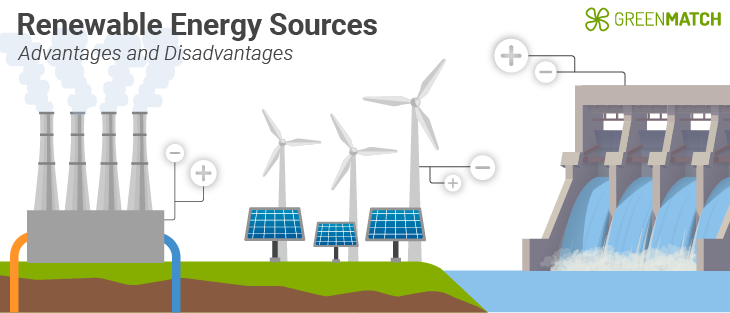
Sustainable Power: Navigating Eco-Friendly Systems
The imperative to transition towards sustainability has given rise to a profound interest in eco-friendly power systems. This article delves into various facets of sustainable energy, exploring the technologies, benefits, and impact of embracing eco-friendly power systems.
The Essence of Eco-Friendly Power Systems
Eco-friendly power systems represent a paradigm shift in the way we generate, distribute, and consume energy. At their core, these systems prioritize environmental sustainability, aiming to minimize carbon footprints, reduce pollution, and contribute to the global effort in combating climate change. The integration of eco-friendly power aligns with the vision of a cleaner and greener future.
Solar Energy: Capturing the Power of the Sun
At the forefront of eco-friendly power systems is solar energy, which harnesses the abundant power of the sun. Photovoltaic cells convert sunlight into electricity, offering a renewable and inexhaustible energy source. The scalability of solar power systems makes them adaptable for various applications, from residential solar panels to large-scale solar farms.
Wind Power: Channeling Nature’s Kinetic Force
Wind power is a prominent player in the realm of eco-friendly energy. Wind turbines, strategically positioned to capture the kinetic energy of the wind, generate electricity without emissions. The scalability and efficiency of modern wind power systems contribute significantly to the diversification of the energy mix, especially in regions with favorable wind conditions.
Hydropower: Tapping into the Flow of Water
Eco-friendly power systems often leverage the energy potential of flowing water through hydropower. Dams and turbines convert the kinetic energy of rivers into electricity, providing a reliable and sustainable energy source. Both large-scale hydropower plants and smaller, decentralized installations contribute to the resilience of eco-friendly energy grids.
Geothermal Power: Harnessing Earth’s Internal Heat
Geothermal power harnesses the Earth’s internal heat to generate electricity. This eco-friendly system taps into the natural warmth beneath the Earth’s surface, producing a continuous and reliable source of power. Geothermal power plants and direct-use applications, such as heating and cooling systems, exemplify the versatility of this sustainable energy option.
Biomass Energy: Transforming Organic Materials
Biomass energy involves the conversion of organic materials, including agricultural residues and waste, into energy. By burning or processing biomass, this eco-friendly power system produces heat and electricity while maintaining a carbon-neutral cycle. Biomass energy contributes to waste reduction and supports sustainable practices in various industries.
Nuclear Energy: A Controversial Eco-Friendly Option
Nuclear energy, while controversial, is considered an eco-friendly option due to its low carbon footprint during power generation. Nuclear fission reactions release significant energy, producing electricity without direct greenhouse gas emissions. However, challenges such as nuclear waste disposal and safety concerns contribute to ongoing debates about the role of nuclear power in eco-friendly systems.
Energy Storage Solutions: Enabling Sustainable Integration
A critical aspect of eco-friendly power systems is the integration of effective energy storage solutions. Batteries, pumped hydro storage, and emerging technologies play a crucial role in storing excess energy generated during peak times. These solutions enable a more reliable and continuous power supply, overcoming the intermittency associated with some renewable sources.
Smart Grids: Optimizing Energy Distribution
Smart grids represent an intelligent and efficient approach to the distribution of eco-friendly power. These digitally advanced systems allow for real-time monitoring, automated responses to demand fluctuations, and improved integration of renewable energy sources. Smart grids play a vital role in optimizing energy distribution, enhancing overall efficiency, and ensuring a stable and resilient energy infrastructure.
Embracing the Future with Eco-Friendly Power Systems
For those eager to delve deeper into the realm of eco-friendly power systems, Eco-Friendly Power Systems offers valuable insights and resources. By exploring technologies, benefits, and the broader impact of sustainable energy, individuals and businesses can actively participate in shaping a more sustainable and resilient energy future.
Conclusion: A Greener Energy Landscape
In conclusion, the adoption of eco-friendly power systems marks a pivotal step towards a greener and more sustainable energy landscape. From solar and wind to hydropower and geothermal, each system contributes uniquely to the broader goal of reducing environmental impact and fostering a more harmonious coexistence with our planet. As we collectively embrace these sustainable technologies, we pave the way for a future powered by clean and renewable energy sources.


